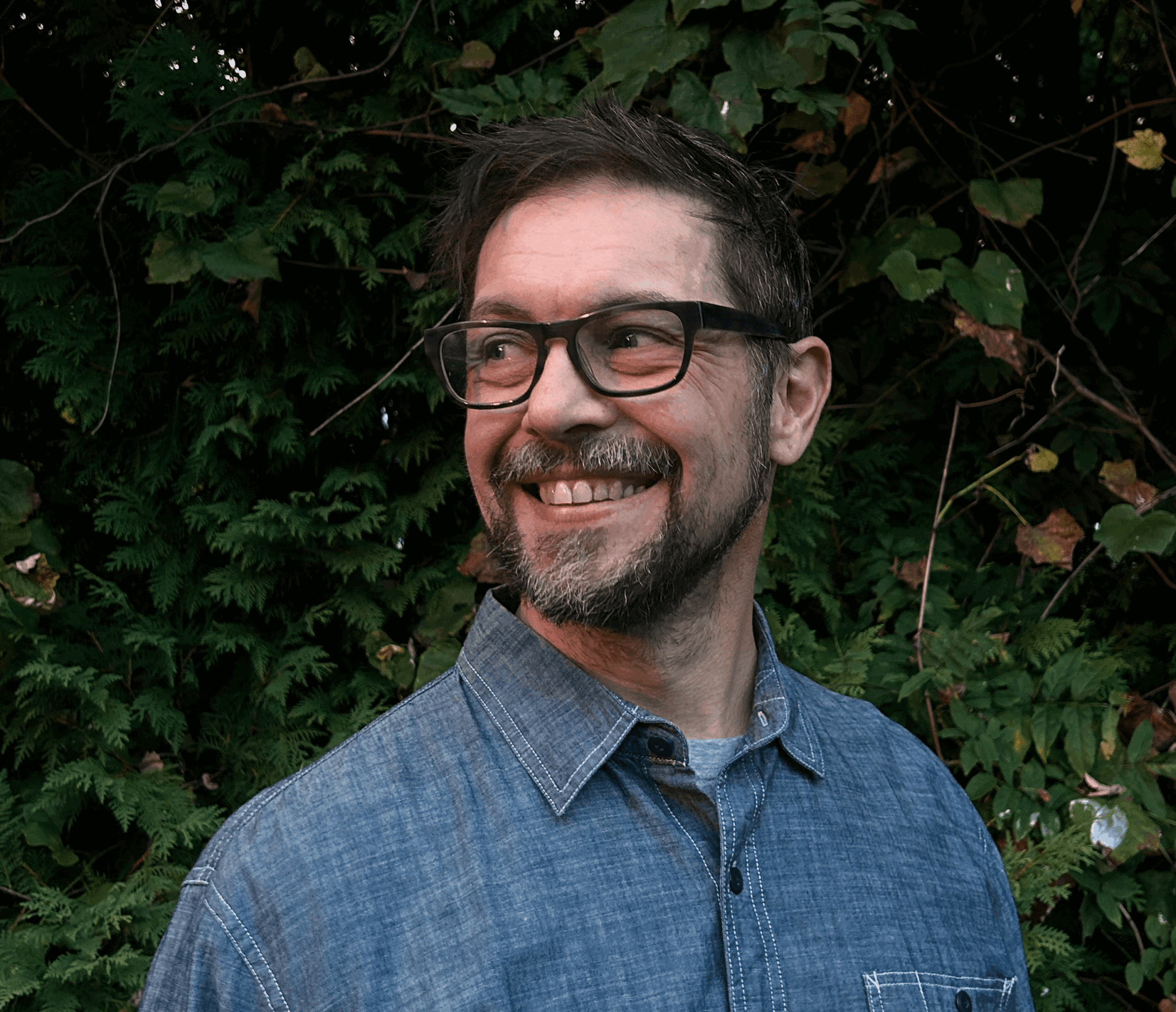Today we’d like to introduce you to Patrick Coyle.
Hi Patrick, it’s an honor to have you on the platform. Thanks for taking the time to share your story with us – to start maybe you can share some of your backstory with our readers?
I love comics. I’ve loved them since I was a kid and you could buy them off a spinner rack at the local corner store. I started making my own comics at the age of 8, and even started a publishing company with some friends in middle school. We put out four quarterly issues of a superhero anthology featuring original characters called Andromeda Comics, each issue about one hundred pages. We “printed” them using the photocopier at my father’s office. We even got a few newspaper articles written about us in the local paper! It was a ton of fun. And it was all I wanted to do.
In college I got a BFA in illustration, intending to make comics. Instead, I ended up designing websites and became a creative director in the internet sector. It’s a good living, more stable than I would’ve had as a freelancer making comics. But in my twenties, I was single and had lots of free time, so I started making comics again after years away from it. That led to me starting my own online comic publisher, Komikwerks, with my friend Shannon Eric Denton, which in turn led to me learning all about the comic industry; the creative process, marketing, distribution, etc. I also learned what I want from comics, and what I want my comics to be.
After nearly ten years, I stepped away from Komikwerks. I was married, had two small children, and full-time day job as a creative director with a long commute. It was too much to handle all at once. But I the creative spirit was still gnawing at me, telling me I needed to create my own comics.
Finally, after my kids got a little older and life settled down, I decided to get back into comics. This time, I resolved to only work on my own projects, just get my comics out there, and not run a larger enterprise where other people are counting on me. I also made the hard decision that I was not going to be able draw my own comics — I was too rusty, and it would take too long to get my skills in shape. Not an easy thing to let go of for me, but it meant that I’d be able to get things out sooner than later. That was about five years ago, and now I’ve been publishing my own comics for three years!
Can you talk to us a bit about the challenges and lessons you’ve learned along the way. Looking back would you say it’s been easy or smooth in retrospect?
It hasn’t always been the smoothest road. Comics, like a lot of other artistic pursuits, is a pretty DIY type of undertaking. None of the big publishers are just waiting around for you to offer them your work, so you have to take it upon yourself to self-publish, and then hustle to get the word out. And there’s a steep learning curve; aside from mastering the creative parts of making the story and art, you need to learn about printing and distribution, marketing, social media, Kickstarter (or other fundraising methods), attending conventions, and a whole host of other things. It’s running a small business, but learning it as you go. One of the nice things about the comics community is that most other creators I’ve met have a “we’re all in this together” vibe, and are willing to give tips and tricks out to others, which is a huge help.
There’s also the constant struggle with self-doubt. “Is this any good?” “Am I doing a good job?” “Will people like this?” There’s so much negative self-talk that comes along with creative projects — and the ones I mention here are the tamer ones I hear in my head. That’s a struggle that never seems to go away, no matter how long I’ve been doing creative work,
And one last struggle that has gotten harder as life goes on: TIME. There’s not enough time to do all the things I want. My creative work is not what pays the bills, so I have to squeeze it in between work and family. And until we get that 36-hour day I’ve been asking for, I don’t have enough time!
Thanks – so what else should our readers know about your work and what you’re currently focused on?
I make my own comics. I write them, letter them, design them, and publish them. I work with editors who help shape and polish the stories, and with artists to illustrate the pages and bring the stories to life.
There are people like Grant Morrison, Alan Moore, and Neil Gaiman who write very heady, smart comics that have redefined the genre. I am not that kind of writer. I like fun, brash, pulpy comics that take themselves seriously enough to sell the concept, but not SO seriously that there too much weight to it. I grew up on Spielberg and Lucas movies, many of which were homages to old serials and campy sci-fi properties. That really shaped my taste as a kid, and does to this day.
So what I hope I deliver to readers is a fun story that is a mash-up of other genres they enjoy: mystery, horror, action, and noir, with a little humor thrown in. While I don’t write specifically for kids, I generally write stories that are appropriate for all ages, and I know that I have readers ranging from 12 to 75.
I self publish, but I work with a stellar team of professional artists, colorists and editors and I’d put our work next to the comics at any of the major publishers. I deliver a professional-grade product that can be enjoyed by a wide array of readers, with fun stories and characters. That’s what I’m looking for, so that’s what I make!
Networking and finding a mentor can have such a positive impact on one’s life and career. Any advice?
In my experience, finding a mentor is difficult. If you can’t afford to pay someone to review your work and advise you, then you need to find a professional who a) knows what they’re doing b) shares a similar sensibility to what you’re doing (or at least gets what you’re trying to do), and c) has spare time they’re willing spend helping you out. That’s a tall order.
For me, it’s come in dribs and drabs; I wouldn’t say I’ve had one mentor that really guided me in my creative pursuits, it’s been a series of people over time. Twenty-five years ago, I met a ton of writers and artists at comic conventions. I’d chat with them at the show, feel out from them if they’d be willing to answer some questions or review my work (if I didn’t have it at the show) and then follow up after with a quick email. Some people wouldn’t get back to me, which is understandable, but some would, and I would go from there. It was all very organic.
I used to go on message boards like Penciljack, which was a comic creator community populated by pros and amateurs. You could post work and ask for feedback. I’m now on several Discord servers that operate in the same way — nose around online and you can definitely find some groups that will be the right fit for you. You might have to try a few first, see how they work for you, and then stick with the ones that give you what you need.
Contact Info:
- Website: https://rnmpress.com
- Instagram: patrickcoyle71
- Facebook: https://www.facebook.com/PatrickMakesComics
- Other: https://rnmpress.substack.com
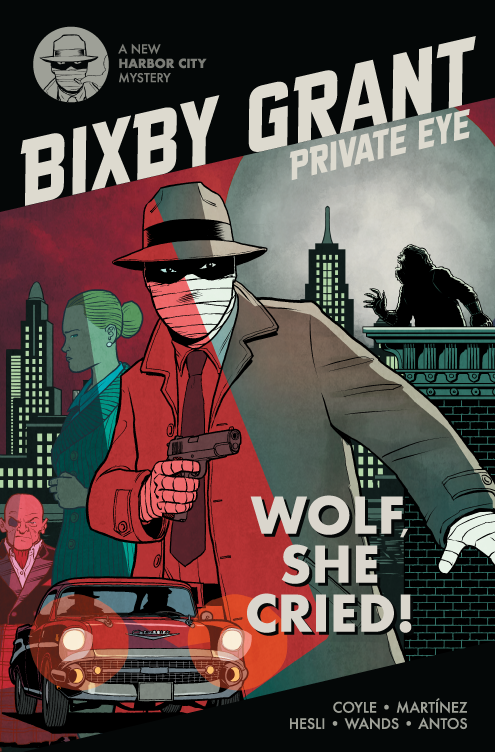
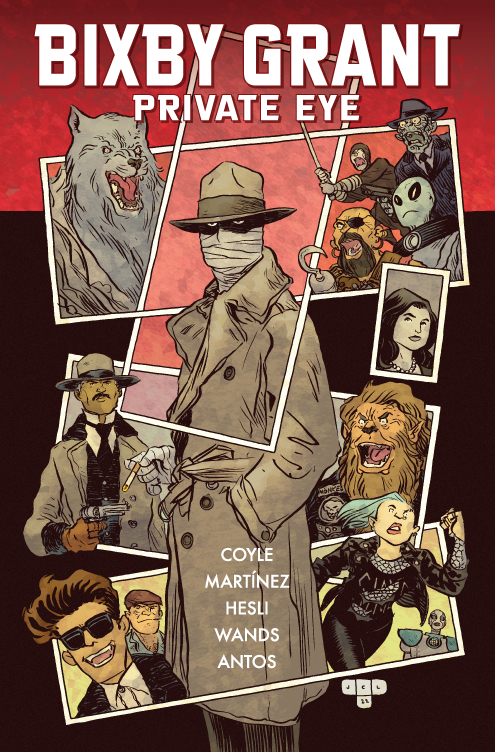
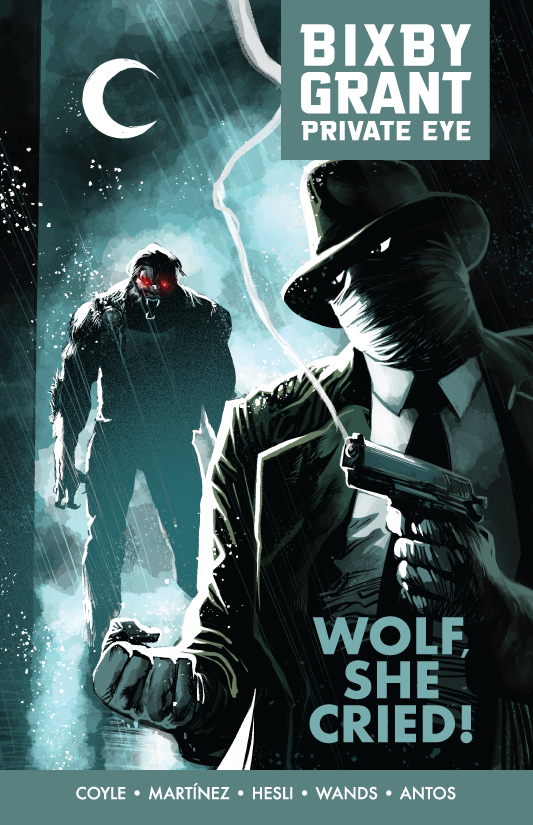
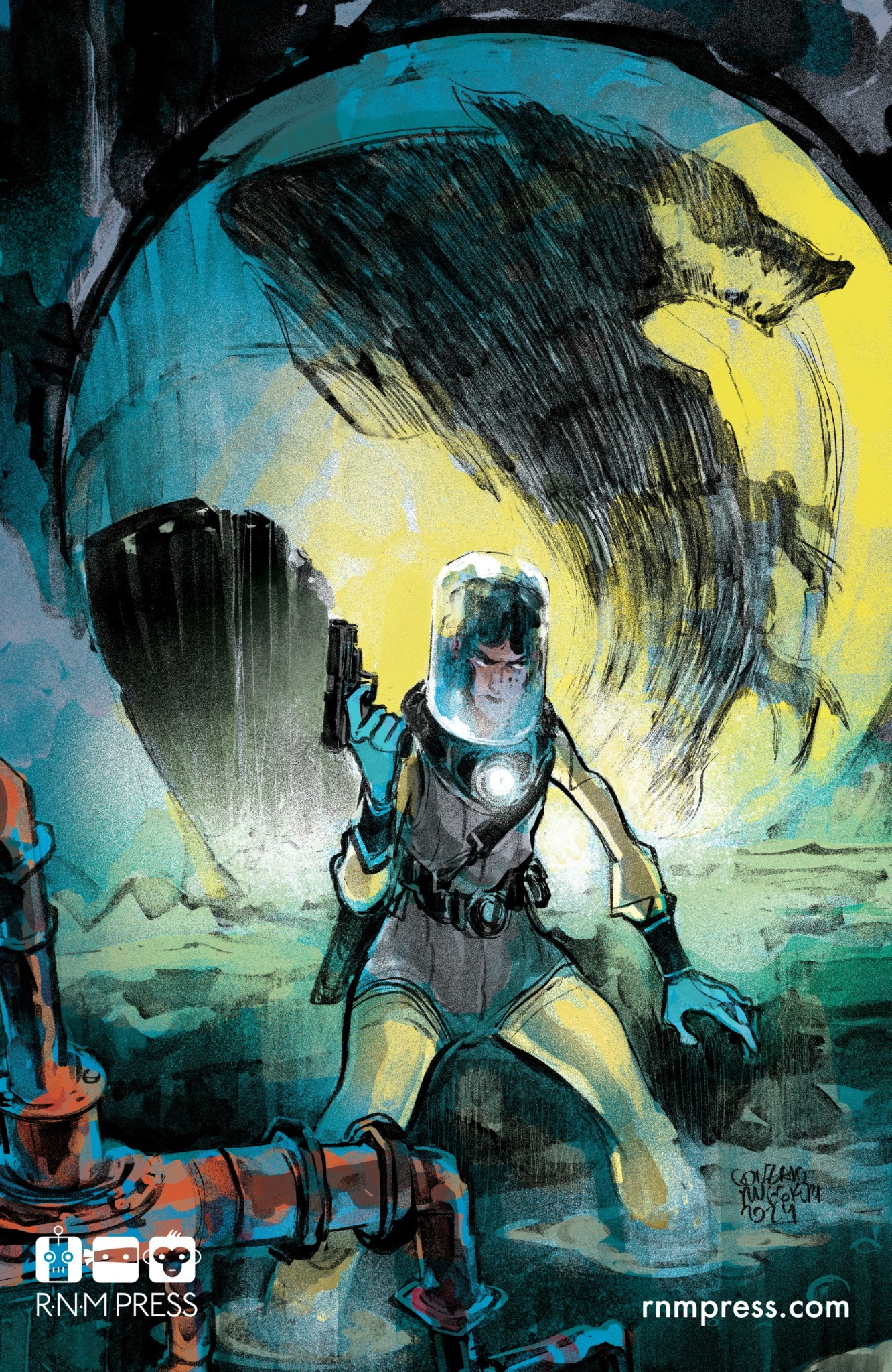
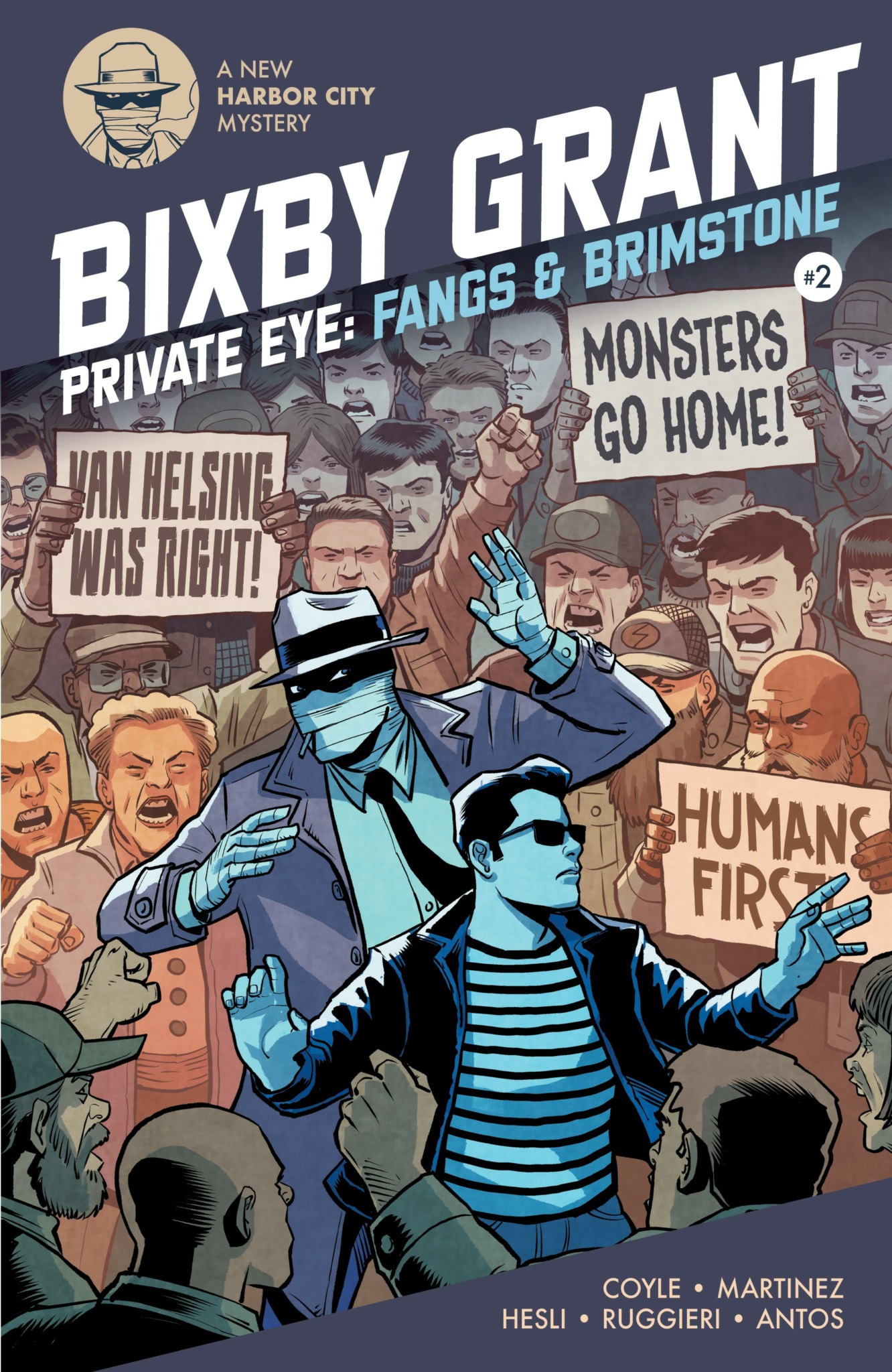
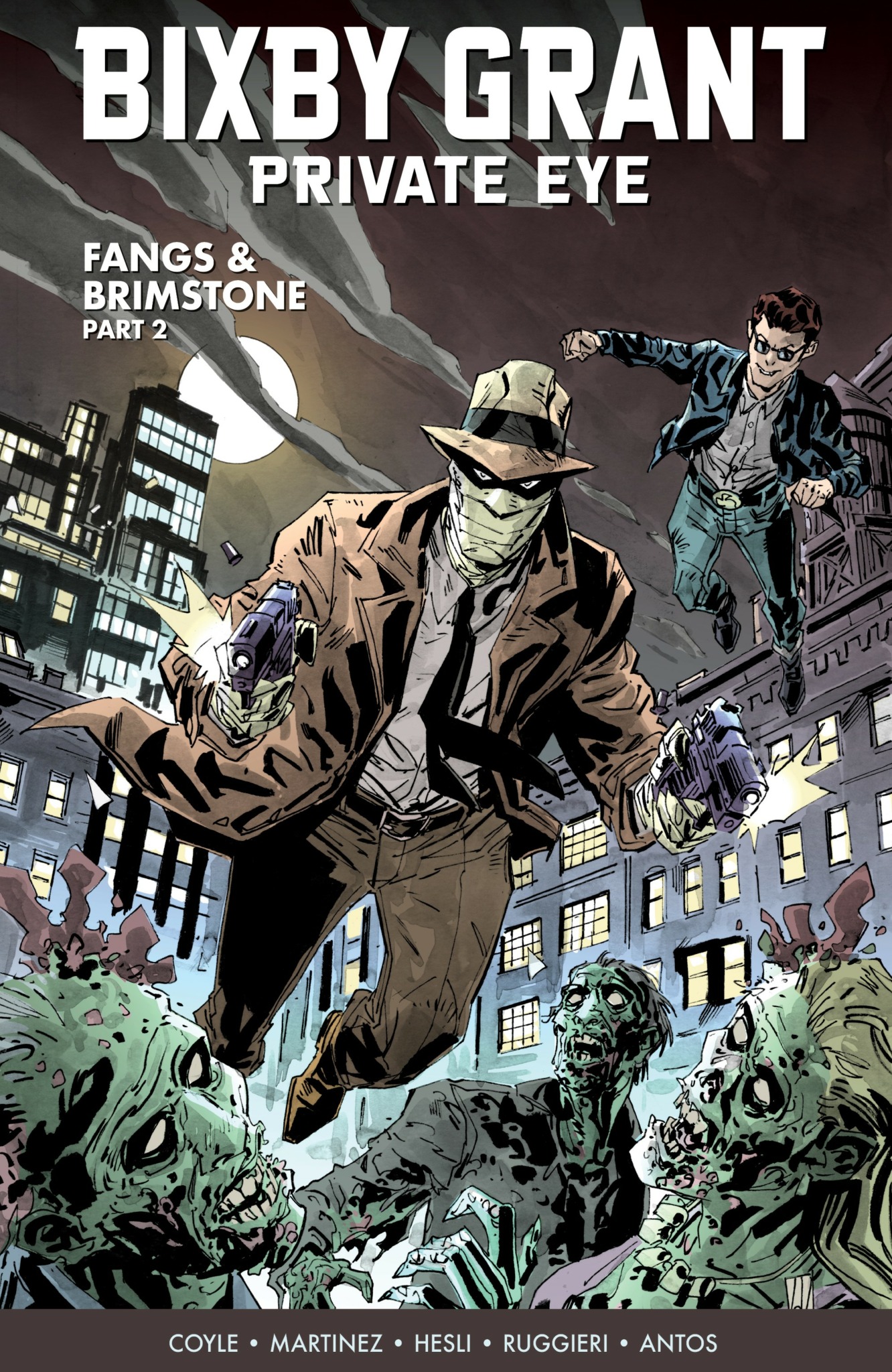
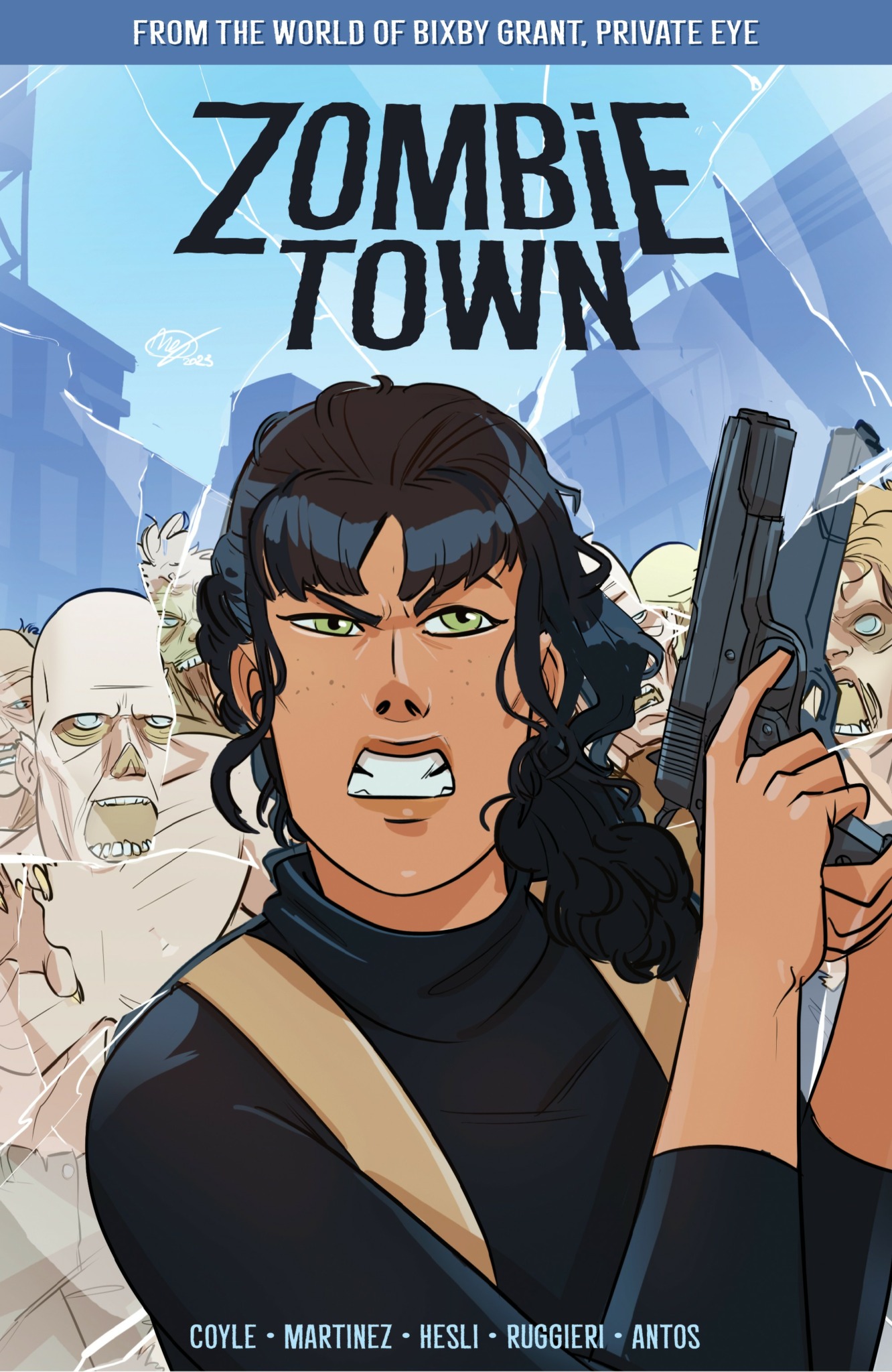
Image Credits
Cover art by Gonzalo Martinez, Arthur Hesli, Jesse Lonergan, Rafael Albuquerque, Gonzalo Ruggieri, Dean Kotz, and Meghan Huang


